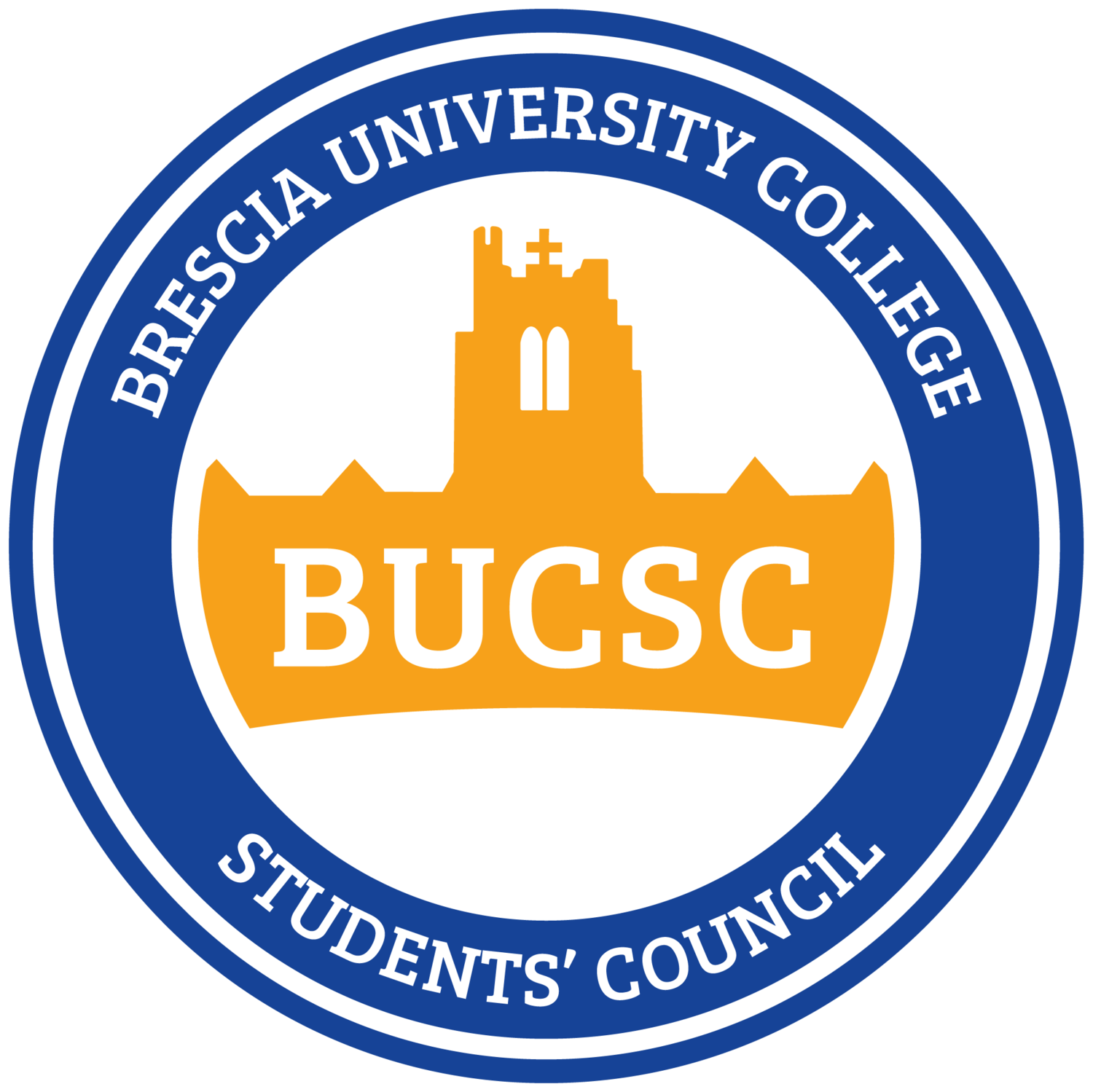Brescia Faculty Profiles With The Buzz February Edition: Dr Nadine de Moras
Nadine de Moras has taught for Brescia’s French program for 17 years. de Moras has received Brescia’s Dean’s honour roll for teaching multiple times. She received the Brescia University College Award for Excellence in Teaching in 2021 and the Alternative Field Experience (AFE) Supervisor’s Award for Excellence at the Faculty of Education for “teaching, guiding, demonstrating high standards, and providing exceptional modelling for Teacher Candidates” from the Faculty of Education in 2021.
Originally from France, de Moras came to Canada 27 years ago to be a King’s University College lab assistant. Whereas in France, all courses were compulsory with few electives during her entire degree in a French university, de Moras found more options at Western with the possibility of taking classes in different departments and choosing from various courses. This flexibility allowed de Moras to flourish in her studies: “When I came here, and I could choose whatever course I was interested in, then right away I ended up being an excellent student.”
de Moras started teaching at Brescia 17 years ago, drawn to Brescia because of its small size, friendly atmosphere, and because she agreed with Sister Mary-Frances’ teaching philosophy. She was eager to participate in developing the new French for teaching module and the other French modules. Since French was a relatively small program at the time, Dr. de Moras was given the opportunity to craft most of the French language courses that still exist today. Along with developing the French for Teaching program Sister Mary Frances had pioneered, de Moras implemented courses such as a pronunciation course, an informal French course, and two applied linguistic courses about learning and teaching languages. These courses give Brescia’s French program the applicatory and experiential learning that de Moras prides over, saying, “experiential learning is part of most French courses.”
Concerning why students interested in studying French should come to Brescia, de Moras points to this aspect of experiential learning and the variety of French courses. What motivated her in creating Brescia French language courses, and what still motivates her today, is seeing her students succeed. So, the French courses at Brescia offer elements of success to Brescia students. For example, in a writing course, there is guidance about how to write a resume and cover letter in French. Then students have opportunities to apply to some positions with their French resume and work in a Francophone environment. Brescia’s French program sets students up for success in whatever career path they are looking for, whether to teach or go into library science. For example, the French program helps students succeed as there are several Volunteer Programs such as the Volunteer Program in 20 London partner schools, the peer-tutoring program, the Volunteer Program in a French library, and the ESL Volunteer Program.
There is a high demand for French-speaking workers. Employers look for students who can speak French in addition to their field of expertise. For example, students who want to teach other disciplines than French have a greater chance of finding a position if they have a double major in arts and French to teach other disciplines in French immersion schools.
Paired with the experiential learning that the degree entails and the variety of courses which develop French language, culture, literature, applied linguistics and Brescia Competencies, French students at Brescia are equipped for success in their field. This success is largely thanks to Dr. de Moras and the amazing French professors at Brescia, such as Dr. Kirk.
